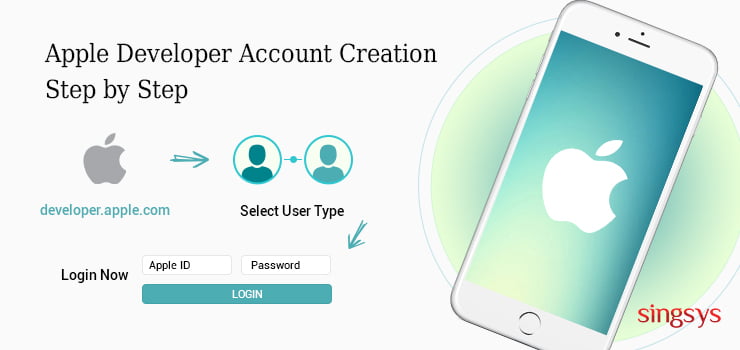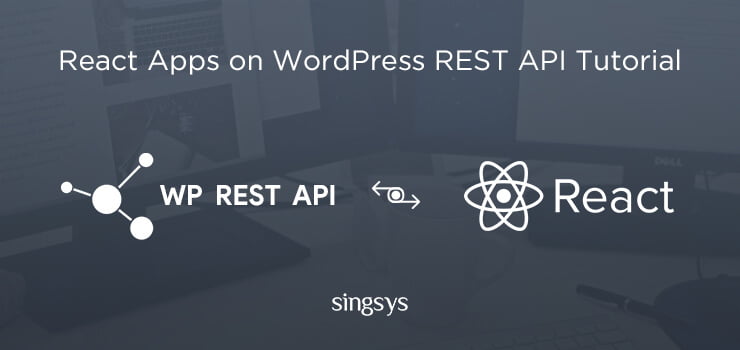
If you are ready to launch a WordPress website. The design and functionality will be your primary concern. Now you have to decide will a ready made theme or your requirements will be fulfilled only with customized theme that is developed from your point of view.
(more…)

An Apple Developer Account is the primary requirement to publish your iOS application on the Apple App Store. The same account serves the purpose of multiple application submission. You can watch the video to set up your Apple developer account or follow the step mentioned below to quickly create an iOS Developer Account.
(more…)

PHP due to its ability to integrate superior features into web application is globally most popular languages among developer community for web app development. However, coding in PHP might me tricky task for few of us. You can follow a few great tips to help you code in PHP with ease.
(more…)

WordPress is no doubt a popular and equally powerful CMS but, it is lots of HTML and PHP loops that are quite often very hard to comprehend hence, developing on top of WordPress seems very frustrating. Let us now explore possibilities of ReactJS for development of app front end, React Router for routing and Webpack for keeping it all together. You can also integrate Advanced Custom Fields for creation of a very intuitive solution.
(more…)

HTML 5 seems to be underutilized by designers considering the fact like an average business site might always not make use of canvas but learning HTML 5 canvas will be an added advantage to a designer. Canvas allows creation of really useful real-time graphics that enables drawing or animating on web page directly. Let us explore this awesome feature in detail
(more…)




